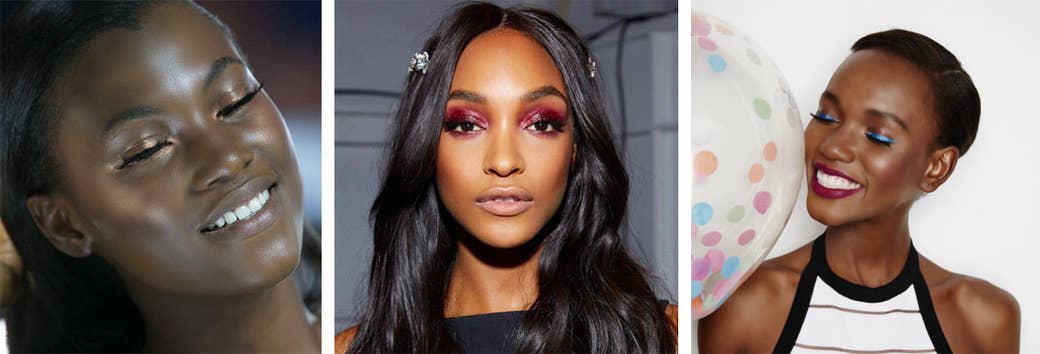
At weekends Nadia Gomos and her school friends would visit the high street beauty stores, go straight to the makeup aisles, and try everything on. But there was always one item she knew she would never be able to test out – foundation. This was because almost all of the options available were aimed at people with lighter skin than hers.
“I would go shopping on a Saturday with my friends and they would be testing out the different shades of foundation, but I would just go and look at something else in the shop because there were no shades for people with darker skin tones,” she told BuzzFeed News.
That was over 10 years ago, and not much has changed. But now Gomos, who is from Luton, has helped push one brand, Maybelline, into making a positive change for women of colour in Britain.
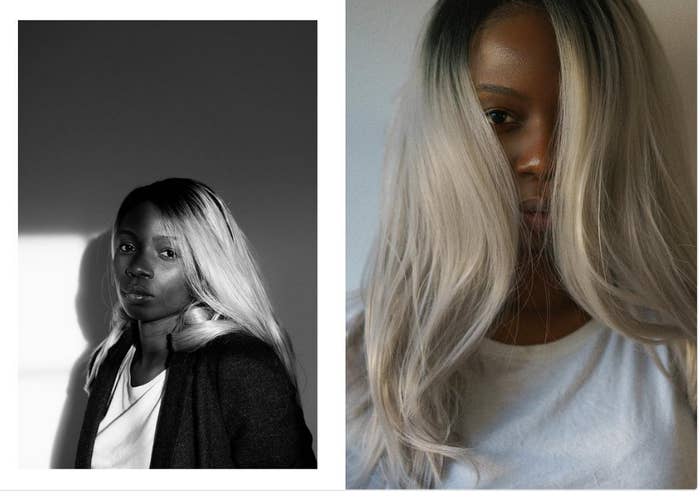
Maybelline, which describes itself as one of the world’s leading cosmetics brands, recently announced that it is increasing the number of shades across three of its main franchises of foundation.
The Fit Me Matte & Poreless foundation has gone from eight to 20 shades. Dream Satin Liquid has doubled to 22 shades, and Superstay Foundation has gone from eight to 11 shades.
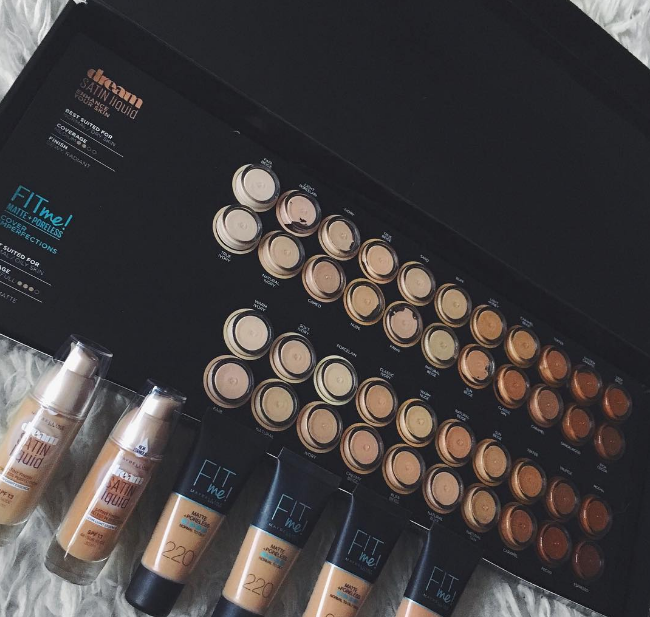
It was this time last year when the brand came under fire. Maybelline, owned by L'Oréal, launched 12 different shades of foundations as part of a new range of makeup called Dream Velvet. When Gomos, a 27-year-old self-professed product junkie, heard about the new range she couldn't wait to try it out.
Gomos, who works as a photographer, went to look for the foundation in her local high street beauty store, but noticed that only six of the lightest shades were on display. In fact, this was the case across the country. None of the darker shades were available to buy in the UK – they were only available in the US.
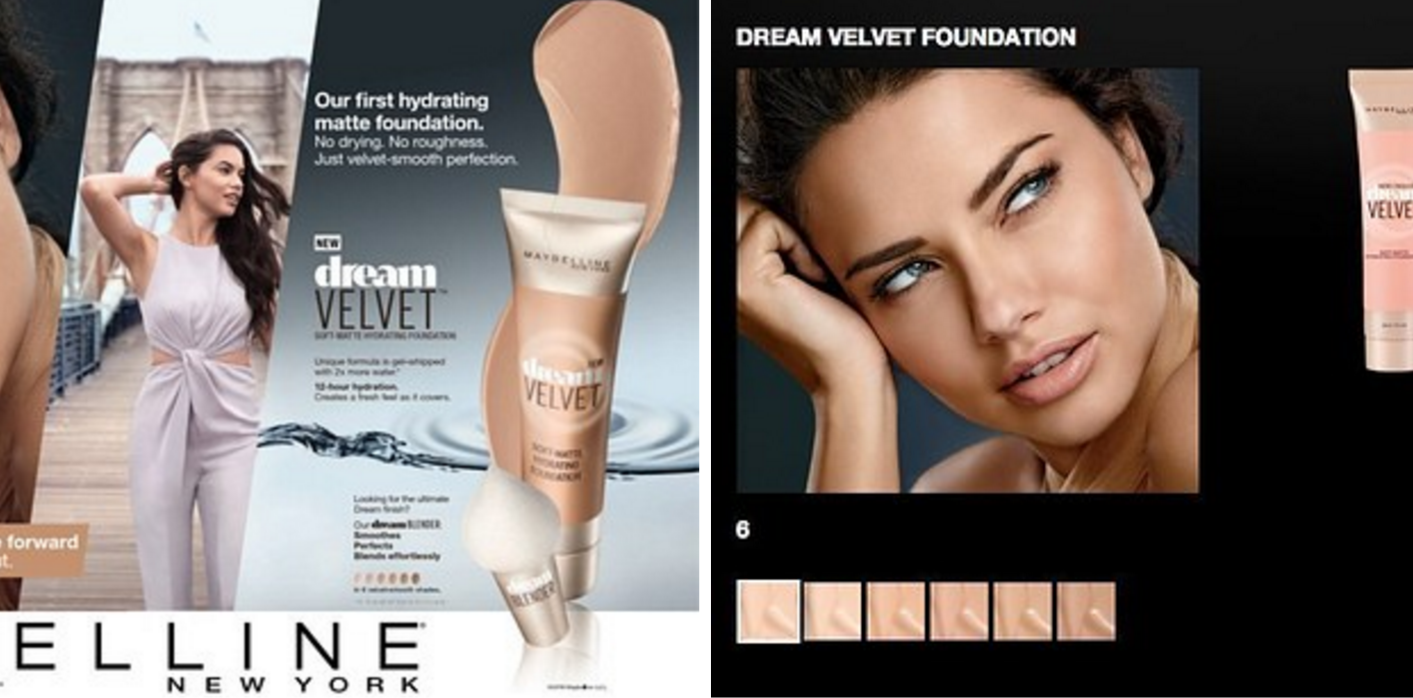
Gomos wrote a blog about her experience of global brands constantly ignoring their UK customers with darker skin tones. She mentioned about how ironic it was that Maybelline used a black British model, Jourdan Dunn, to advertise a product she would not be able to buy in the country she lived in.
After BuzzFeed News contacted L'Oréal, the owner of the Maybelline brand, it agreed to release Dunn's shade in the UK.
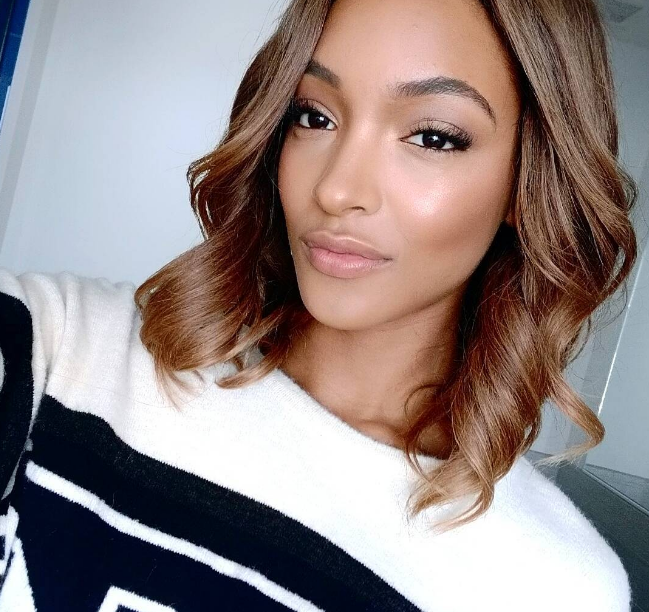
It was a step in the right direction, Gomos told BuzzFeed News at the time, but one shade was not good enough. "This is an issue that is widespread with cosmetic companies in general, where lighter-skinned women have an array of shades to choose from and darker skin women have very little choice," she said.
It's an experience that British women of colour are familiar with – feeling ignored and being treated like an afterthought by global cosmetic companies. And that's why black British women have been campaigning for more of a variety of makeup options for women of colour.
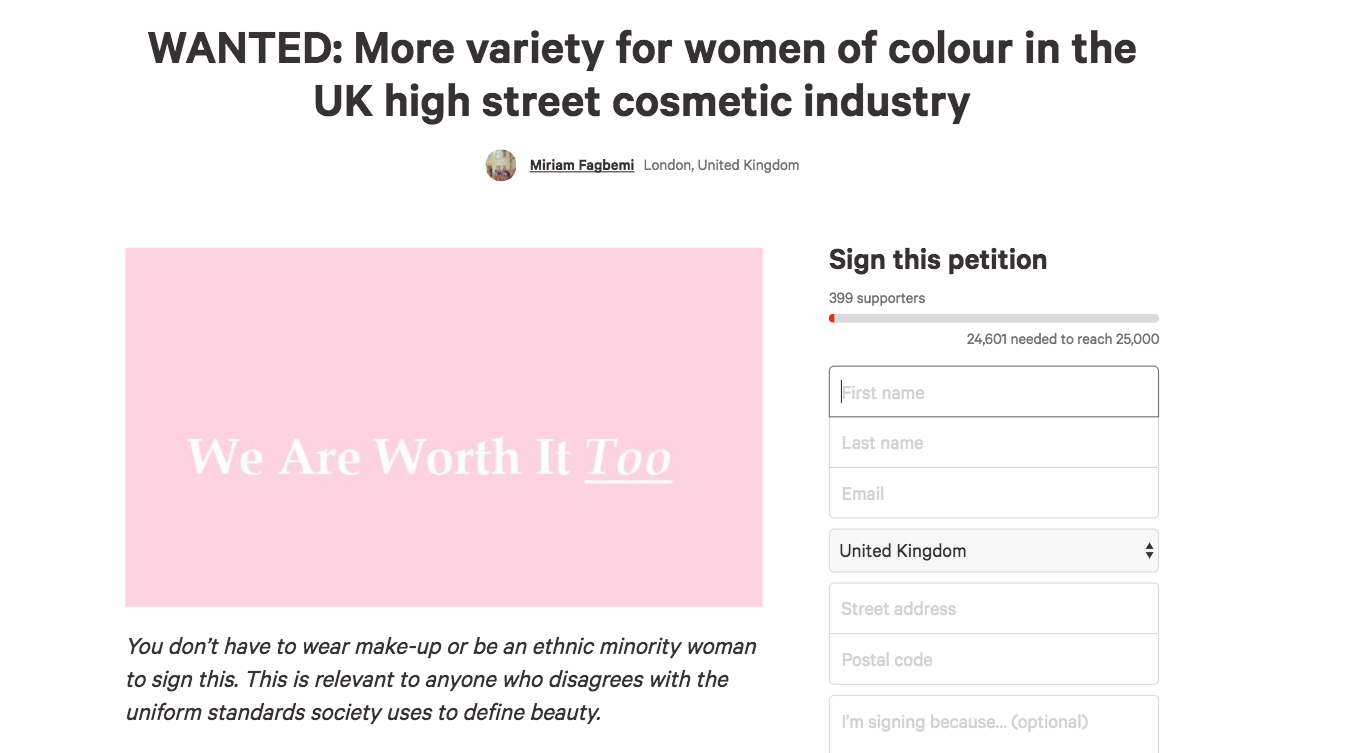
Maybelline and other high street makeup brands have come under increasing scrutiny and pressure to cater for women of colour, particularly over the past few years.
How many times have you walked into Superdrug only to see 50 shades of beige and no foundation shades for brown/dark girls.
@Maybelline why are most of your foundation shades variations of white? Why don't you offer anything for beautiful dark skinned girls?
I find it super offensive that @superdrug dont stock foundation colours for women of colour when they drop new @LOrealParisUK foundations
After writing her blog, Gomes didn’t leave the issue there. She wrote a letter to L'Oréal saying that despite many women of colour threatening to boycott Maybelline, she believed that there was another way forward.
"Some women of colour have vowed to never buy from brands that do not cater for them and even some have called for a boycotting of Maybelline," she wrote.
"I do not agree with boycotting. I believe in having dialogue and applying pressure and speaking out because if we just boycott it perpetuates the cycle and belief that women of colour do not buy makeup. It doesn’t help."
Her letter worked. A month later she was invited to L'Oréal's office in London – the company wanted to hear what she had to say. Then, a year after the initial meeting, L'Oréal invited her to the office again and revealed its plans to extend its range of foundations for women with darker skin tones.
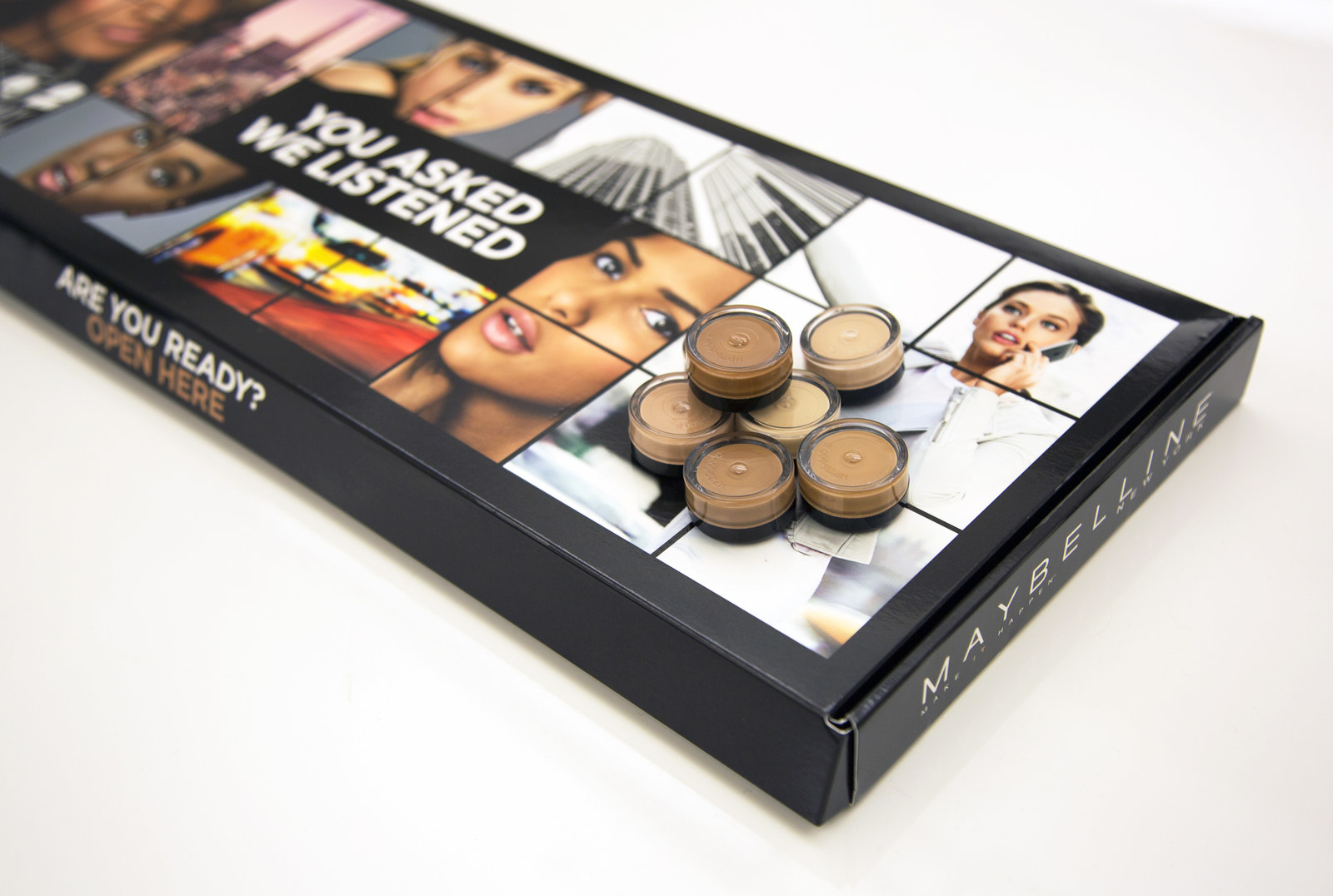
Gomos said she was touched by how much L'Oréal had listened to the issues she had raised over the past year. It admitted to not listening enough to what customers were saying, she said, but now it was keen to be inclusive and give everyone the chance to buy its products – the company no longer wanted to ignore a whole segment of the market.
“I was really impressed,” Gomos said. "The staff at L'Oréal were lovely, and they really listened to what I had to say."
Although Maybelline didn’t give her an explanation for why darker shades weren’t initially released in the UK, Gomos said she was told that it takes around 12 months to formulate and introduce a new product to the market.
“Not only did they invite me to their office to speak about what had happened, and listened to what I had to say, but they also came up with a solution in a short space of time, and they really worked hard on it. I was just stunned, because I really didn’t think anything would come out of it," she said.
“I thought it was going to be one of those things where companies say, ‘yeah, we’re working on it,’ but really they’re just hoping it goes away. ... I’ve seen that happen a lot of times when there is some sort of uproar over something that’s happened."
Finally beauty brands decided to listen, and make a change. In a statement to BuzzFeed News, a Maybelline spokesperson thanked Gomos and other consumers on social media for voicing their frustrations with the lack of foundation shades on offer in the UK.
"It is these opinions and actions that drive change and force companies to listen," the spokesperson said. "We’re incredibly proud that we’ve been able to take feedback from our communities and put it into action.
"This month, we’ve introduced 26 new shades across our three core foundation ranges. This is only the beginning for us. We strive to improve on this in 2018 as well.”
But for some British beauty bloggers the problems are far deeper than makeup. "The lack of representation and availability is just a reflection of age-old racist attitudes," said Renée Edwards, founder of WOC Beauty UK, a beauty page for women of colour.
Edwards said many women with darker skin tones are begrudgingly spending lots of money on expensive foundation because darker shades by more affordable brands are just not available in high street beauty stores such as Boots and Superdrug.
Tiss Saccoh, a beauty blogger and YouTuber, told BuzzFeed News that after three years of searching she has only found one high street foundation that matches her skin. "My darker-skinned siblings are empty-handed," she said. "And there are a hell of a lot of skin tones darker than mine."
Like Edwards, Saccoh believes the issue stems from a blatant disdain for women of colour within the UK's beauty industry. "We exist in great enough numbers that catering to our needs is viable from a business perspective," she said. "Yet it's only after public and scathing campaigns by women of colour that brands are bothering to consider us — and this much progress has taken years."
Despite being pleased that some brands are working to make improvements, Saccoh, who is 21 and from the East Midlands, said it's not something she can get excited at at this point. She said the full range of shades needs to be made available in all stores across the UK, not just flagship stores in major cities.
"Right now, the attempts of these brands seem to be more for show than anything else," she said. "If they really want to help, brands should use their bags of money and power to take effective action." She also questioned the diversity of the teams working for the brands: "I can tell you one thing: Their staff is not diverse, because if it were, these issues would not be so prominent."
Saccoh, who often writes about the intersections of race, gender, and beauty, hopes to see a a beauty industry in the UK that is "honestly and genuinely inclusive" in the future. She praised smaller brands owned by people of colour that consider a diverse range of skin tones, such as Beauty Bakerie, Makeup Addiction, and Bahi Cosmetics.
"Rather than beg for scraps from brands that treat me as an afterthought, I support brands that support me," she said.
And it's not just foundation. Edwards, who is 21 and lives in Northampton, said brands should also focus on broadening their range of concealers and powders, for example. "Women of colour use these too," she said.
"I hope as time goes on, more and more brands work on representation in their advertising and create products that are inclusive of everyone, from the palest to the darkest of skin tones."
